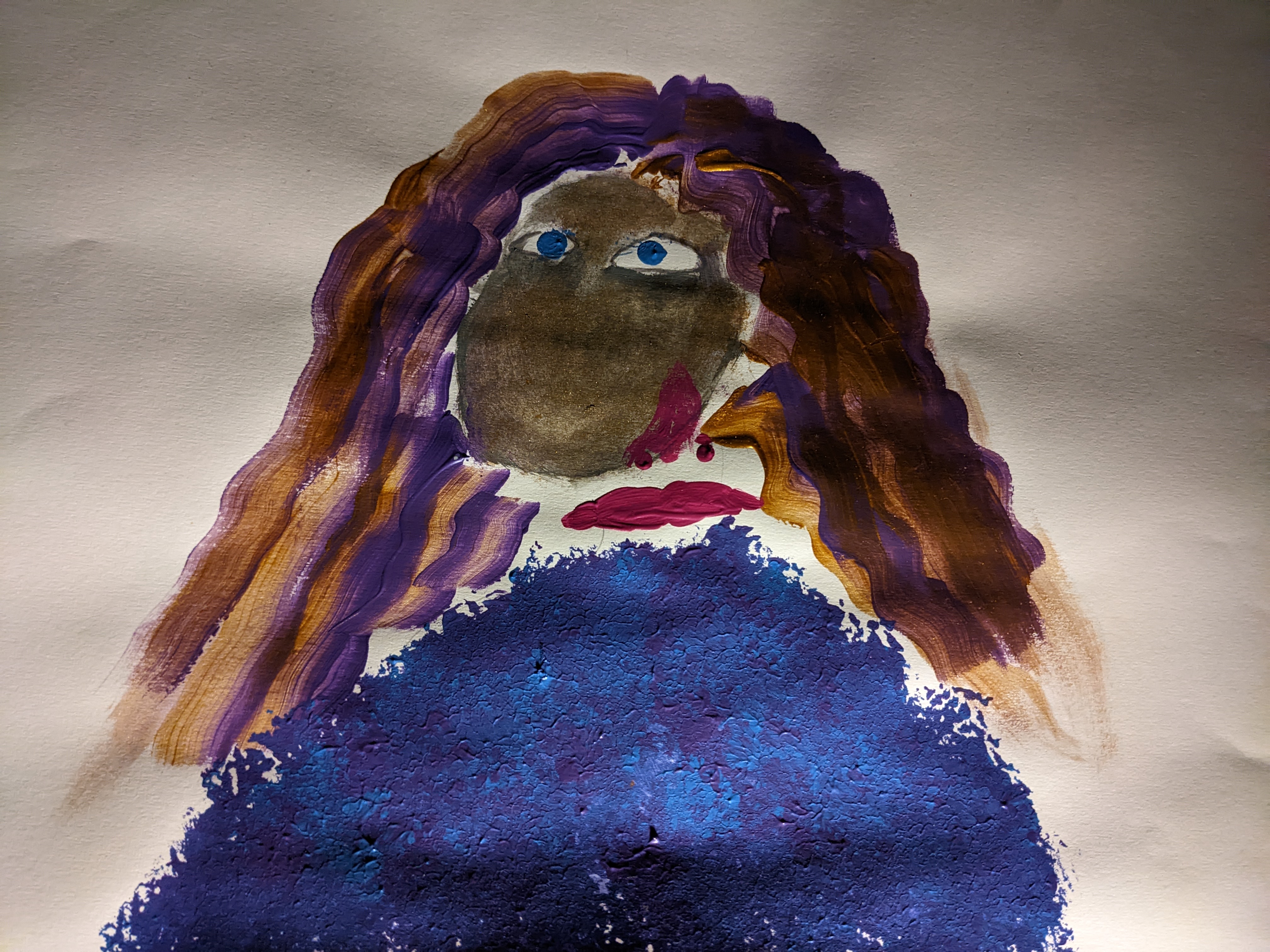I quite often find bees sleeping in flowers in my garden. Especially inside Campanula flowers. Always so adorable to see them :)
- 1 Post
- 415 Comments
You can actually eat the individuals that have not yet emerged from the ground. They look like eggs and are pretty weird/soft in touch. If you slice them really thin and fry them, they are delicious. In German they are also called “witch eggs” (Disclaimer: I’m living in Germany and it might be different for the stinkhorns elsewhere.)
What? Making a nice graph in excel? But yeah, ggplot2 does have a pretty steep learning curve. Once you learned it a bit it is really nice though. I love ggplot2 ❤️
In German, some people (especially men) use the phrase “I have pee in my eyes” for when they feel emotional or might want to cry. Maybe they are not emotional but instead are truly lobsters after all??
Luckily Elizabeth Holmes isn’t in biotech anymore (because she is in prison)!

 13·5 days ago
13·5 days agoI had a good laugh at “CyberStuck” and “hunk of junk”
Maybe both? One leg goes this way and the other that way around…
Not sure where you live, but in central Europe (I live in Germany) you definitely have spiders, harvestmen, mites, millipedes, isopods, slugs, beetles, cockroaches (in my case cute little wood cockroaches), moths (their larvae at least) living inside and around your house. Maybe not directly inside your living room dancing on the table. Although there are some cockroaches that do run around everywhere in my home. But have a look around in your cellar, garage, any spaces that aren’t frequently heated or where you store food and you’ll find them.
Ah thanks!! :)
I agree. Especially because Ornithogalum is definitely not an Asparagus kind of plant. If maybe Ornithogalum had been in the Asparagus genus before but got split, well OK. But calling any plant in this pretty diverse family “asparagus”, is wild.
The APG II system of 2003 allowed two options as to the circumscription of the family: either Asparagaceae sensu lato (“in the wider sense”) combining seven previously recognized families, or Asparagaceae sensu stricto (“in the strict sense”) consisting of very few genera (notably Asparagus, also Hemiphylacus), but nevertheless totalling a few hundred species. The revised APG III system of 2009 allows only the broader sense.
Asparagaceae includes 114 genera with a total of approximately 2,900 known species.
Any idea what is the species in the upper right corner? It is super cute!!!

 1·20 days ago
1·20 days agoI guess in some parts of the world it already is wednesday, isn’t it?
Maybe time to think about life choices then?
It is really tricky to genuinely discuss this topic. Many omnivores use this as a straw man argument to discredit vegans for not being fully consequential. On top of that, reasons for being vegan and where people draw the line also vary hugely.
Anyways, I would argue that eating plants and also fungi is very different to eating animal products. First of all, if you are vegan for ethical reasons (as I am) then usually the argument is that one can infer from one’s own feelings onto other animals. Sure, this isn’t always that easy and we will never know how other animals really feel. This includes fellow humans btw. But it is certainly very definitive that many animals feel pain, discomfort and many other emotions not unlike we feel them.
Plants and fungi on the other hand have completely different body plans. Plants are modular organisms and you simply cannot relate cutting your arm off with cutting a branch. We may deepen our understanding on plants and maybe we will find some form of conscience one day. But this is still far off and for now we can only speculate. Fungi are very different as well and we usually just eat their fruiting bodies anyways.
Secondly, as someone else pointed out, for ecological reasons and for the sheer quantity that is necessary to sustain humans, going vegan is always the better choice. Animals live on plants, too, and just use a lot of the plants’ energy on their own metabolism.
Well bees are definitely objectified and seen as industrialized honey producing machines. They’re starved of their own resources and are given mostly sugar water in return. Bee keepers are not concerned with their well-being other than for production yields. It is a form of factory farming. Isn’t this reason enough?

 3·1 month ago
3·1 month agoWow, this is really neat!! I tried getting into vim some years ago but never managed to get it working smoothly with latex like this. But this looks really great!
Oh yeah, that brings up memories. We had to do the same experiments in genetics lab, too. I’ll never forget the smell of fruit flies :/
Well, they actually do have their ecological roles and it is always a hard decision if one should interfere on such a large scale with biological systems. We might think that we understand it, but it could be totally wrong. Really hard to predict. Mosquitoes are an important food source for other animals and are also pollinators.

Lol, good one!